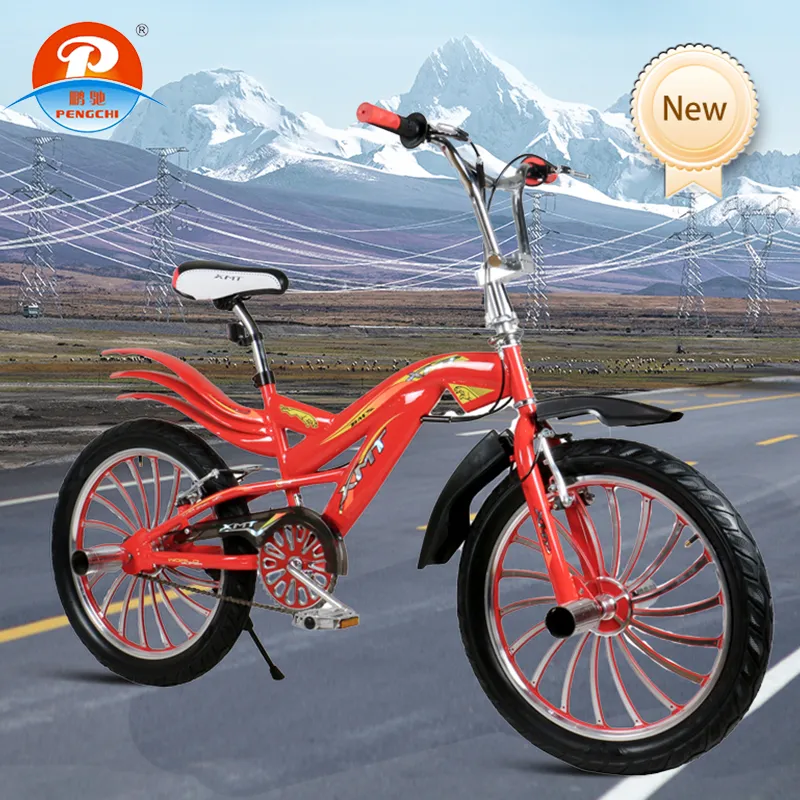
-
 Afrikaans
Afrikaans -
 Arabic
Arabic -
 Belarusian
Belarusian -
 Bengali
Bengali -
 Bulgarian
Bulgarian -
 Croatian
Croatian -
 Czech
Czech -
 Danish
Danish -
 Dutch
Dutch -
 English
English -
 Finnish
Finnish -
 French
French -
 German
German -
 Greek
Greek -
 hawaiian
hawaiian -
 Hebrew
Hebrew -
 Hindi
Hindi -
 Hungarian
Hungarian -
 Indonesian
Indonesian -
 irish
irish -
 Italian
Italian -
 Japanese
Japanese -
 Javanese
Javanese -
 kazakh
kazakh -
 Khmer
Khmer -
 Korean
Korean -
 Kyrgyz
Kyrgyz -
 Lao
Lao -
 Latin
Latin -
 Luxembourgish
Luxembourgish -
 Malay
Malay -
 Myanmar
Myanmar -
 Norwegian
Norwegian -
 Persian
Persian -
 Polish
Polish -
 Portuguese
Portuguese -
 Romanian
Romanian -
 Russian
Russian -
 Serbian
Serbian -
 Slovak
Slovak -
 Somali
Somali -
 Spanish
Spanish -
 Swedish
Swedish -
 Tagalog
Tagalog -
 Thai
Thai -
 Turkish
Turkish -
 Turkmen
Turkmen -
 Ukrainian
Ukrainian -
 Uighur
Uighur -
 Vietnamese
Vietnamese
Dec . 04, 2024 17:05 Back to list
difference between mountain bike and bmx
The Difference Between Mountain Bikes and BMX Bikes
When it comes to cycling, two popular types of bikes are mountain bikes and BMX bikes. Each is designed for specific purposes and offers unique features suited to different styles of riding. In this article, we will explore the key differences between mountain bikes and BMX bikes, focusing on their design, intended use, riding style, and performance.
Design and Construction
Mountain bikes are built for rugged terrains and rough trails. They typically feature a larger frame, wider tires, and a robust suspension system to absorb shocks from uneven surfaces. The tires usually range from 2 to 2.5 inches in width, providing better traction and stability on gravel, dirt, and rocky paths. Mountain bikes can come in various styles, including cross-country, downhill, and trail bikes, each tailored to specific types of riding.
On the other hand, BMX bikes have a much simpler and lighter design. They usually feature a smaller frame with a single gear and are designed for tricks and stunts. BMX bikes have tires that are approximately 1.5 to 2 inches wide, which are thicker than average road tires but narrower than mountain bike tires. The smaller wheel size gives it agility, making it ideal for performing tricks, jumps, and racing on smooth surfaces like dirt tracks and skate parks.
Intended Use
The intended use of mountain bikes and BMX bikes largely defines their construction and features. Mountain bikes are best suited for off-road biking, including steep trails, rocky hills, and challenging terrains. They are built to handle obstacles like roots, rocks, and steep descents, making them perfect for outdoor adventurers seeking thrills in nature.
BMX bikes, however, cater to a different audience. They are primarily designed for flatland tricks, freestyle riding, and racing on dirt tracks. BMX riders often engage in activities such as jumping ramps and performing stunts, which require a bike that offers stability in the air and a durable frame to withstand the impact upon landing. The design of a BMX bike allows for quick acceleration and tight handling, which is essential in competitive racing scenarios.
difference between mountain bike and bmx

Riding Style
The riding styles associated with mountain biking and BMX biking highlight their differences further. Mountain biking often involves longer rides over extended distances, requiring endurance and the ability to navigate diverse landscapes. Riders frequently encounter steep slopes, downhills, and natural obstacles that require a combination of skill and stamina.
BMX riding, contrastingly, emphasizes short bursts of speed and agility. Riders typically use their bikes for tricks that involve jumps, spins, and flips. The riding session is usually characterized by quick, explosive movements that demand precision and control. BMX parks and dirt tracks are designed specifically for this style, offering various ramps and jumps for stunts.
Performance
In terms of performance, mountain bikes excel in rough terrains, providing comfort and control due to their suspension systems. The robust build and wider tires allow riders to traverse rocky paths and steep inclines reliably. Riders can tackle challenging trails with confidence, making mountain bikes suitable for long excursions into the wilderness.
Conversely, BMX bikes shine in environments where agility and responsiveness are required. The lightweight structure and smaller wheels allow for quick maneuvering, essential for executing tricks and performing well in competitive racing. The durability of a BMX bike ensures it can withstand the high-impact activities often associated with trick riding.
Conclusion
In summary, mountain bikes and BMX bikes serve distinct purposes and are designed for different types of riding experiences. Mountain bikes are perfect for those who love exploring rugged trails and nature, providing comfort and stability on various terrains. BMX bikes, on the other hand, cater to enthusiasts of tricks and racing, emphasizing agility and precision. Understanding these differences can help potential riders choose the right bike for their cycling adventures, ensuring they have the best experience possible on two wheels.
-
New Red Anti-theft E-Bike | Easy Ride City Commuter
NewsJul.31,2025
-
BMX 20 Inch Bikes for Freestyle & Street | Fat Tire Options Available
NewsJul.30,2025
-
322 High Quality 26 Inch 21 Speed Adult Mountain Bike OEM MTB
NewsJul.29,2025
-
Specialized Kids Mountain Bikes - Safe, Durable & Fun Riding Experience
NewsJul.29,2025
-
Little Kids Mountain Bike - Lightweight Bikes for Young Riders
NewsJul.29,2025
-
Kids Mountain Bike Trek – Full Suspension for 6 Year Old Riders
NewsJul.29,2025

